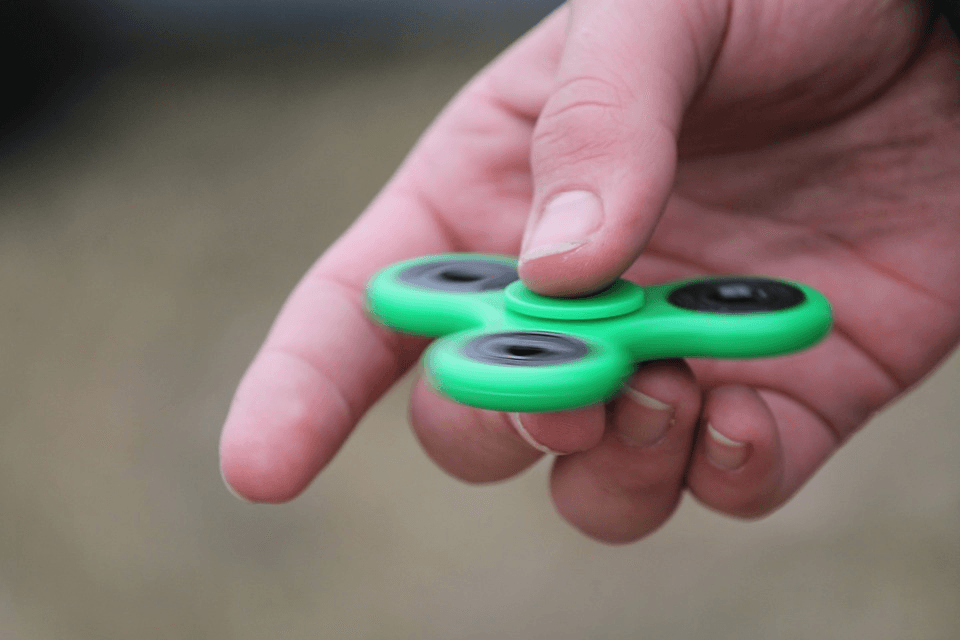5 misconceptions about children’s mental health. Culturally, we are sympathetic and helpful when children are ill. Physical health and overall well-being are hallmarks of child raising in America and, with a few exceptions such as childhood obesity and the ridiculous argument over vaccinations, our children are physically healthy.
Mental health, however, is not treated with the same degree of concern. Whether it’s due to not being able to physically see the problems accompanying mental issues or because there are societal stigmas against psychiatric problems for people of all ages, not just children, many mental health issues remain undiagnosed and untreated.
This quiet neglect continues to make an oversized impact as children grow into young adulthood. By recognizing and treating problems early, our culture can grow stronger. The first step in this recognition is reexamining many of the misconceptions about childhood mental health that we cling to.
1. Childhood psychiatric disorders cannot be cured.
Although there are a few disorders that are permanent, many problems can be treated and controlled if discovered early. Recognizing and identifying problems at their earliest stages means that these issues can be managed and overcome leaving no ill effects as children grow up.
2. Mental health problems are caused by bad parenting.
Many mental health disorders are biological in nature and have nothing to do with parenting. Anxiety, depression, learning disorders and autism all have biological origins. Although the problems can be exacerbated in a bad home environment, they are not caused by it.
3. Personal weakness is the cause of mental health problems
The difference between personality type and symptoms of psychiatric disorders can be difficult to judge, but modern techniques are becoming much better at determining whether impulsive behavior, for example, is caused by character or from mental illness. Children are unable to know the difference between normal and diseased behavior, let alone know how to cope with it. Help is necessary and it begins with the parents.

4. Children have the discipline to manage mental disorders and are overmedicated.
As difficult as it can be for adults to deal with anxiety or depression, it is so much worse for children who don’t have the life experiences to teach them how to cope. Mental discipline is a learned skill and it takes many years to develop. Expecting a child to understand how and why it is necessary is unrealistic. Medication is a crucial step in controlling psychiatric disorders and is effective.
5. Time cures mental disorders
Growing out of a mental disorder is unrealistic. Untreated mental problems are more likely to grow into other, more debilitating conditions over time. Early diagnosis and treatment can prevent the problems from growing and becoming more difficult to treat as the sufferer gets older. According to the World Health Organization, “about half of all mental health disorders begin before the age of 14.” Early detection and treatment is the best way to ensure healthy, happy children.
As important as the physical health of our children is, the mental health should not be ignored or denigrated. A child who suffers from untreated psychiatric disorders will have untreated psychiatric disorders and worse when they become adults. In the same way that physical health must be monitored and maintained during youth to make a child a strong and healthy adult, mental health must be watched and strengthened.
Counseling for kids can take many forms and it is up to you, as the parent, and your doctor to decide what is best for your kids. In the same way that you are responsible for ensuring they are physically healthy, it is your responsibility to maintain their mental health.
